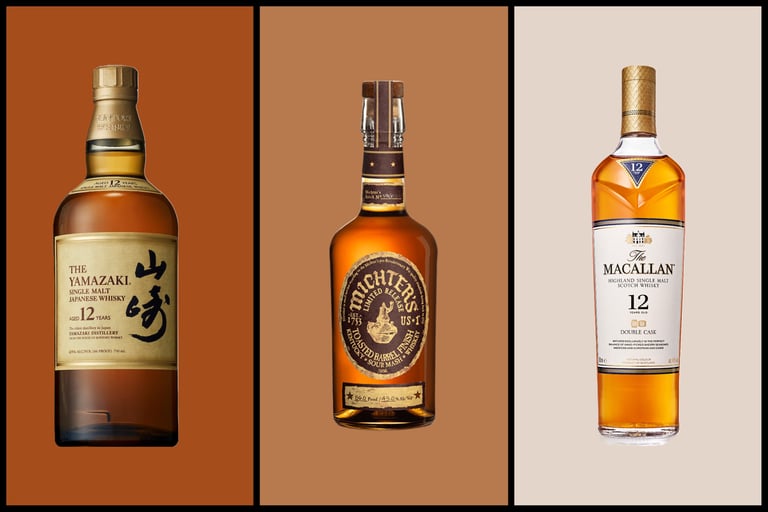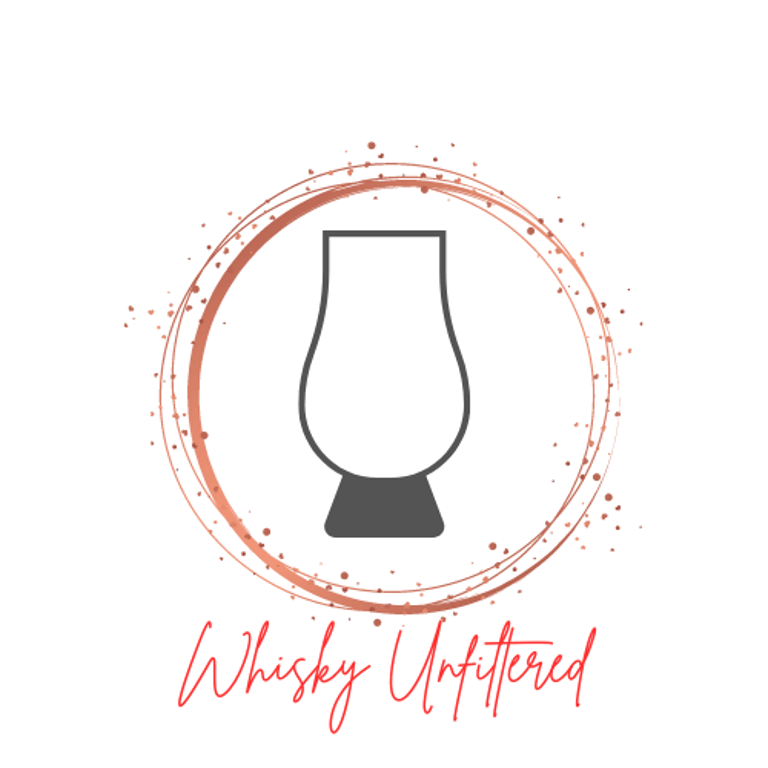Whisky vs. Whiskey: Unraveling the Spellings and Styles
What is your favorite spirit Whisky or Whiskey?
GENERAL
Whether you're a seasoned connoisseur or just starting your journey into the world of distilled spirits, you've probably encountered the intriguing spelling variations of this beloved brown elixir: whisky and whiskey. These two spellings, seemingly interchangeable, carry distinct meanings and traditions behind them. In this blog post, we'll explore the key differences between whisky and whiskey, diving into their origins, production methods, and global variations.


The Origins of the Spellings
To understand the difference between whisky and whiskey, we must first delve into their historical roots. The primary distinction lies in their country of origin.
Whisky:
Whisky (without the 'e') is the preferred spelling in Scotland, Canada, Japan, India and a few other countries.
The term "whisky" is believed to have originated from the Gaelic word "uisce beatha," which means "water of life." The Scots later anglicized it to "usquebaugh" and eventually "whisky."
In Scotland, whisky has a long and storied history dating back centuries, with Scotch whisky being one of the most renowned varieties globally.
Whiskey:
"Whiskey" (with the 'e') is the accepted spelling in Ireland and the United States, as well as some other countries.
The inclusion of the 'e' is said to have been introduced by Irish and American distillers to differentiate their products from Scotch whisky, emphasizing their unique styles and traditions.
Irish whiskey and Bourbon whiskey are prime examples of whiskey styles that have made their mark globally.
Production Methods
The distinct spellings of whisky and whiskey are more than just a matter of regional preference; they also reflect variations in production methods, ingredients, and flavor profiles.
Scotch Whisky:
Scotch whisky, often referred to simply as "Scotch," is made primarily from malted barley and aged in oak barrels for a minimum of three years.
It is known for its diverse styles, including Single Malt Scotch (made from 100% malted barley in a single distillery) and Blended Scotch (a mix of malt and grain whiskies from multiple distilleries).
Scotland has strict regulations governing the production of Scotch whisky, ensuring quality and authenticity.
Irish Whiskey:
Irish whiskey is typically triple-distilled for smoothness and can be made from a variety of grains, including malted and unmalted barley, corn, wheat, and rye.
It is often associated with a smoother and lighter flavor profile compared to Scotch whisky.
While there are regulations in place, Irish whiskey production allows for more flexibility in terms of ingredients and methods.
American Whiskey:
American whiskey encompasses a range of styles, including Bourbon, Rye, and Tennessee whiskey.
Bourbon, for example, must be made from at least 51% corn, aged in new charred oak barrels, and distilled to no more than 160 proof.
Rye whiskey, on the other hand, must be made from at least 51% rye grain.
Tennessee whiskey, like Bourbon, must meet specific criteria and is known for its charcoal filtering process known as the Lincoln County Process.




